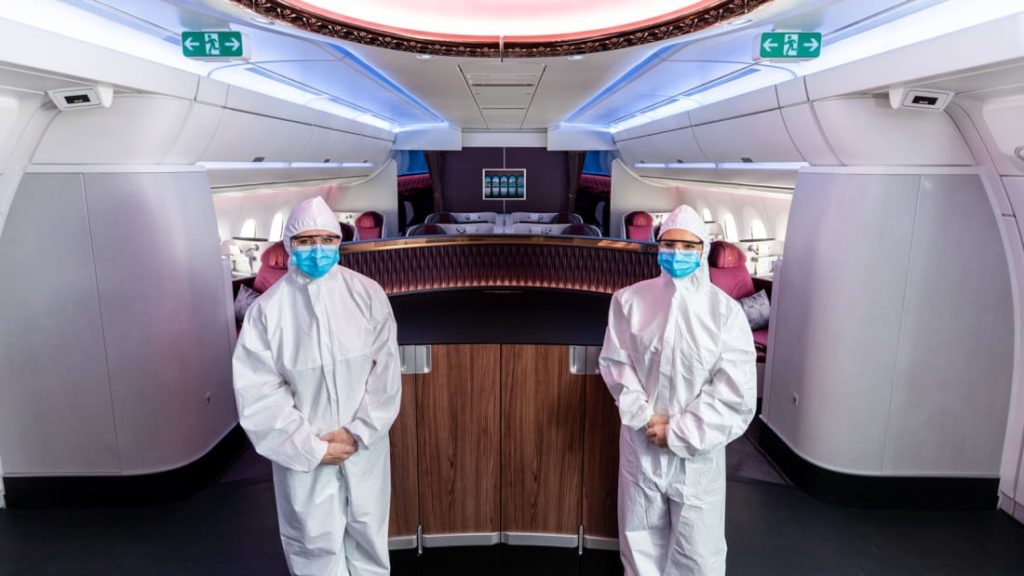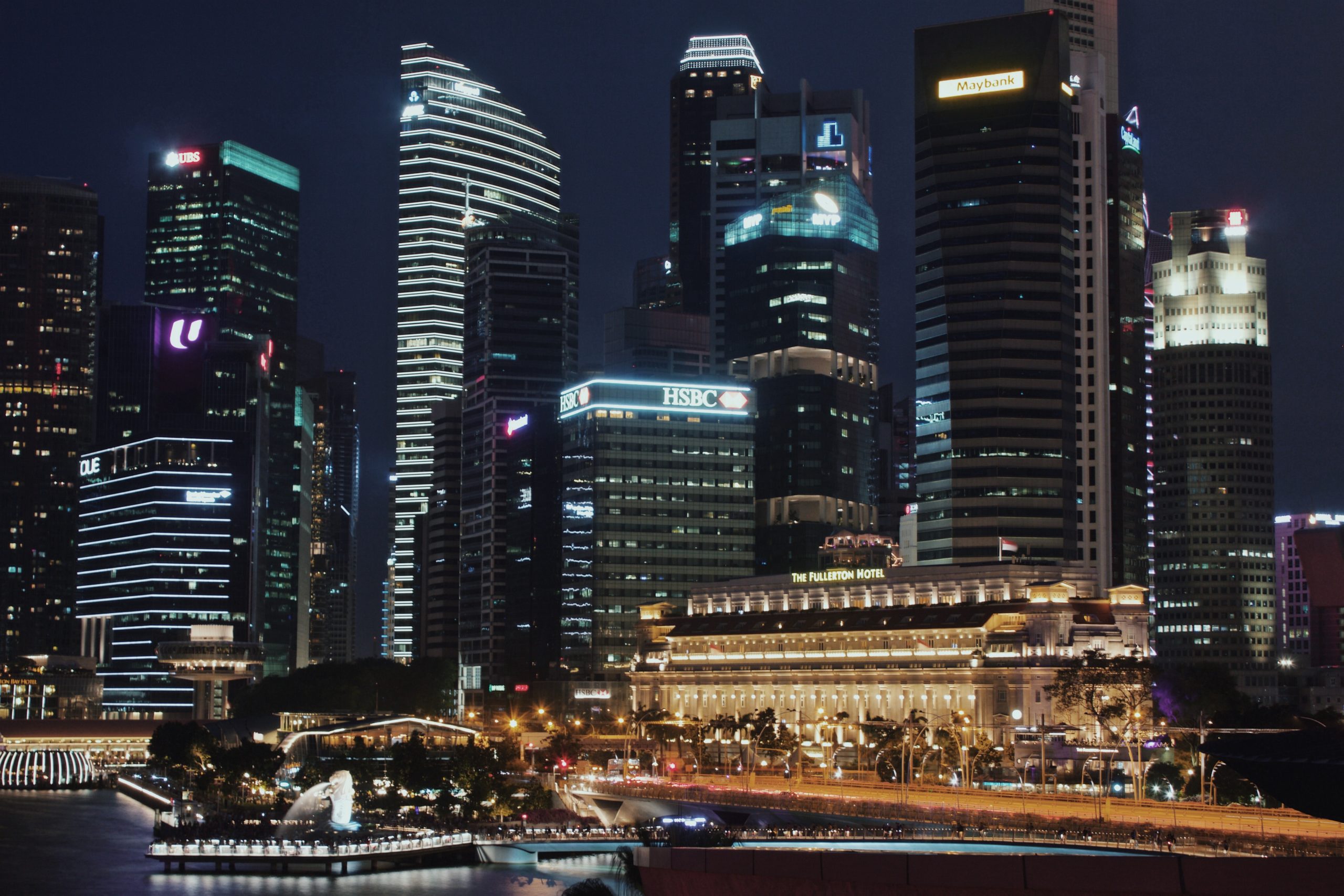Over the past few months, the unprecedented Coronavirus outbreak has thrown the travel industry into completely uncharted waters – with all destinations worldwide putting in place travel restrictions. Business travel, which had been growing steadily for years, is now expected to take a total revenue hit of US$820 billion (S$1.14 trillion) in the aftermath as corporations scrambled to scale back on travel plans.
Nevertheless, stringent measures taken around the world are beginning to pay off, and in the wake of imminent recovery, countries such as Singapore are now planning on the gradual reopening of borders to facilitate essential business travel.
Concurrently, governments are also planning on increased coordination of health screening standards and traveller contact tracing measures – another piece of good news for business travellers looking to hit the road again.
As the world begins adapting to the new normal, here are some of the major trends in business travel that corporations and organisations should pay attention to.
Shifting priorities: increased focus on duty of care
While traveller safety has always been at the forefront of business traveller concerns, businesses should expect to bear greater responsibilities to ensure the health and safety of employees travelling post-COVID-19.
To pre-empt rapid and unexpected changes in travel conditions, organisations will have to prioritise risk assessments, training sessions for employees on personal safety measures, and facilitate open and direct communication channels to provide assistance whenever needed.
Working with a full-fledged Travel Management company will ensure that you and your employees have a solid plan of action, technology and tools to turn to while travelling post-COVID.
“For organisations, Duty of Care for their travelling employees will become even more important,” says Albert Hong, Vice President of PriceBreaker Corporate.
“They will be depending heavily on us to provide them and their travellers with timely and accurate critical information on country border restrictions, and safety measures imposed by both airports and airlines.”
In such volatile situations, tools like SafePoint® could be used to administer duty of care. Travel administrators will get accurate first-hand information of each traveller’s safety status and be able to maintain direct communication with travellers in real-time.
Additional health safety measures at every touchpoint
At the same time, business travellers should also manage their expectations, and brace for changes in all aspects of travel post-COVID-19.
For one, travellers should be prepared to adhere to stricter health and safety measures implemented across airports, airlines, hotels and other travel services.
Travellers should therefore expect to buffer in more time to partake in safe distancing measures, health checks and sanitisation procedures.
Hong Kong International Airport, for example, has enforced a complex programme that is likely to remain in place going forward – mandating for all incoming passengers to be tested for the Coronavirus at a separate facility.
In-flight experiences are also slated to evolved significantly once the new normal sets in. Apart from stricter cleanliness routines, airlines such as Singapore Airlines, Emirates and Qatar Airways are now requiring passengers to wear protective face masks throughout their flight.
To further minimise contact, pre-COVID niceties such as hot towel service and pre-flight drinks have been suspended, while on-board meals may also be cut back on some routes.
Travellers can also expect to see dramatic changes in cabin crew attire – with several airlines such as Qatar Airways and AirAsia introducing full body protective gear for flight attendants.

At hotels, travellers can also expect measures such as digital check-ins, in-room dining, or even limited access to facilities like the gym or the pool.
While no one can accurately predict when the old days of jet-setting can return, it would definitely do good for business travellers, as responsible global citizens, to cooperate with travel service providers on these safety measures till the world recovers.
Business travelling to stay within regional bubbles
While business travellers are likely to continue travelling according to where their business takes them, regional travel is set to take centre stage in the new normal.
As recovery remains uneven across the world, governments are looking at regional travel bubbles as an option to circumvent potential risks with long-haul travel.
In ASEAN, discussions have been underway to facilitate collaborations on health check standards and traveller contact tracing in order to ensure that cross-border travel in the region can resume in due course.
Australia and New Zealand has also commenced working on the trans-Tasman “bubble” – a “COVID-safe travel zone” that could potentially also include other countries in the region with similarly low transmission rates.
As such, businesses that are planning upcoming meetings, conferences and incentive trips should therefore try to keep these events within regional boundaries, at least in the short run when borders reopen.
Meetings are here to stay – albeit with a mix of virtual reality and face-to-face meetups
While nothing can truly replace in-person meetups, event organisers may have to continue including virtual experiences as part of the event mix.
“Post-COVID, events and conferences will be more costly as you will need more casual staff for screening and larger spaces for distancing measures. You might also incur other costs in catering as buffet meals will not be advisable due to hygiene concerns,” says Jolie Yap, Vice President of PriceBreaker Corporate.
“Instead of shutting down events entirely, event organisers could try to replicate the experience with technology.”
Businesses should consider engaging a MICE specialist to help in the planning of hybrid events, while also managing the potential risks involved.
An experienced MICE specialist may also have established ties with vendors, helping businesses to shave off the extra costs involved with holding events post-COVID-19.
After all, face-to-face meetings will never disappear altogether, and will continue to necessitate business travel – even in a post pandemic world.
With more than 40 years of experience managing integrated travel programmes for public sector organisations, educational institutions, MNCs and SMEs, PriceBreaker Corporate’s team of specialists based in Singapore are ready to help you and your employees travel with a peace of mind.
Our MICE brand, Accolade, has experience serving large delegations over the years – hosting events such as the Singapore Airshow since 2014.
Speak to us today and let us help you navigate the new normal with a travel programme tailored to your business needs.


